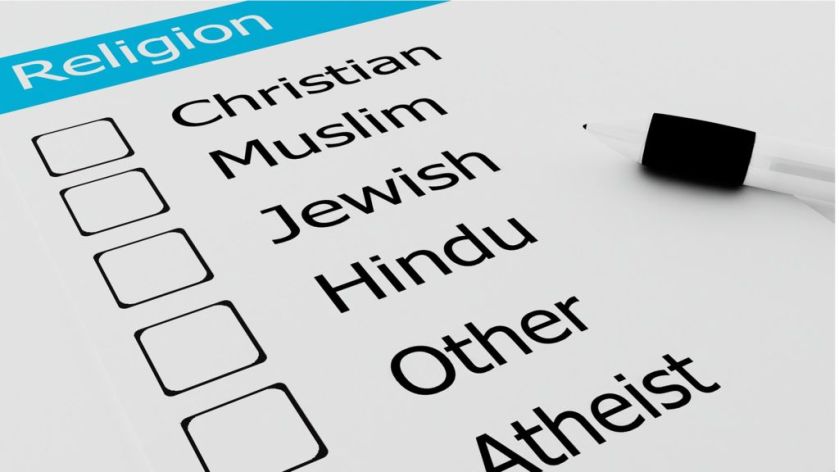Audio-book Review
By Chet Yarbrough
(Blog:awalkingdelight)
Website: chetyarbrough.blog
Black Wave (Saudi Arabia, Iran, and the Forty-Year Rivalry)
By: Kim Ghattas
Narrated by: Kim Ghattas, Nan McNamara

Kim Ghattas (Author, Dutch Lebanese Journalist for the BBC)
Kim Ghattas capsulizes the causes of cultural and religious conflict in the Middle East. Her complex explanation of politics in the Middle East shows the importance of religious freedom and the negative consequence of mixing religion in nation-state governance. Ghattas’s intimate understanding and experience in the Middle East illustrates how ignorant America has been in confronting Middle Eastern leaders in their struggle for peace in their own countries.

“Black Wave” is a difficult book to summarize. Some reader/listeners will conclude from Gattis’s book that the heart of Middle Eastern conflict is religious intolerance. However, it is not religion itself but political leaders who distort religious belief for personal power that roils the world. America has its own religious zealotry, but it is tempered by a political culture that demands freedom of religion, independent of political governance. It does not keep American political leaders from distorting religion for their own agendas, but it tempers its potential for state acceptance of orchestrated violence.
Osama bin Laden used religion to justify his directed murder of innocents. He sought political power at the expense of religion.

Ghattas dances around America’s bungled effort to democratize the Middle East. Some would argue Iran democratically elected an Imam to lead their country. Ghattas notes the Kingdom of Saudi Arabia clearly fears popularly elected leaders.

In ancient times, the middle east is known as Mesopotamia, the Arabian Peninsula, the Persian Empire, and Babylonia (Iran, Iraq, Syria, Turkey, Egypt, Afghanistan, Pakistan, and today’s Saudi Arabia).
America’s self-interest has made many enemies in the Middle East. America is a cultural and political baby in respect to the ancient cultures of the Middle East. The birth of the Islamic religion dates to 7th century in Saudi Arabia.
As is true of all religions that have stood the test of time, the Islamic religion has broken into different factions that consider themselves Islamic but with different interpretations of their faith.

The added dimension of poverty, cultural identity, and economic inequality encourage belief in religion. A religious believer’s purpose in the world is to gain some peace in this world, with hope for eternal life in the next. Therein lies the source of much violence within and among all countries of the world. There can be little peace in a world where people are being indiscriminately murdered, starving and treated unequally.

An example of how violent and unfair nations can be is Syrian leaders’ murder of its own people.
Ghattas explains there are two major versions of the Islamic religion in the Middle East. One is Sunni, the other is Shite.

The hegemon for the Sunni Islamic religion lies in several countries but its center of power is Saudi Arabia. The center of power for Shite belief is Iran. “Black Wave” recounts a history of both power centers and how they use religious belief to increase their influence and power in the Middle East.
Ghattas argues religious interpretation is a tool used by Saudi Arabian’ and Iranian’ leadership to gain power and influence in the Middle East. Ghattas infers the leaders of Iran and Saudi Arabia do not believe in peaceful coexistence but in hegemonic power. They use the Islamic religion to maintain control of their power. When state power is threatened, their leaders’ resort to interpretations of Islam that preserve their control.

Ghattas recounts many examples of Middle Eastern leadership that show little concern for their citizens, e.g., Saudi Arabia’s murder and dismembering of Jamal Khashoggi, Syria‘s gassing of Syrian citizens, and Iran’s imprisonment and torture of citizens who choose not to follow political leaders’ interpretations of the Koran.
Ghattas’s book implies the consequence of American ignorance of Islamic beliefs victimizes the poor, powerless, and disenfranchised. A western country that does not understand the subtlety of religious beliefs in the Middle East has little influence on the course of events. With a better understanding of Islamic faith and how it is being used by Saudi Arabia and Iran, there is some hope for peace.
Understanding and acceptance of those who fervently believe in a religion, along with economic opportunity for those who are victimized by hardship and/or violence, offers some hope for peace. Without understanding of foreign cultures and economic assistance for those victimized, world conflagration is an ever-present danger. One must ask oneself–how wise is it to use political policy or trade to victimize the poor and disenfranchised?

